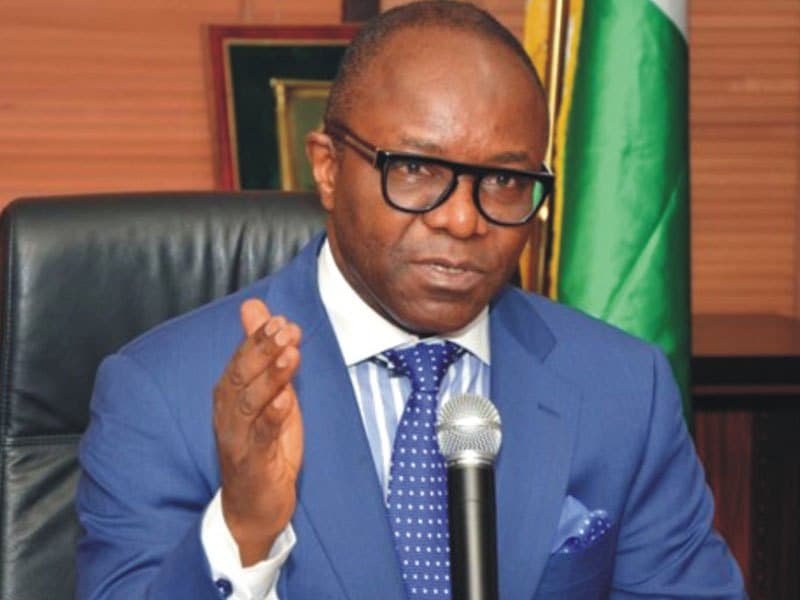FEC approves new national petroleum policy

*Refining of petroleum products to commence in the country
The federal government will soon end the exportation of crude to refining petroleum products for the domestic market.
This is contained in the approved National Petroleum Policy by Federal Executive Council (FEC) meeting held on Wednesday in Abuja,
The Minister of State for Petroleum Resources, Dr. Ibe Kachikwu, reiterated that apart from the fluidity in pricing and uncertainty in terms of the price regime in crude, Nigeria will now refining petroleum products in the country.
The National Petroleum Policy defines the strategy of the federal government with respect to country’s oil resources. It establishes the medium to long-term targets for oil reserves growth, and utilization and record strategies to be pursued to ensure the successful implementation of the policy in accordance with Nigeria’s national socio-economic development priorities.
It also articulates the vision of the federal government for the petroleum sector, sets goals and strategies, promotes a level playing field between State Owned-Enterprises and the private sector, proposes fundamental reforms to improve the operational efficiency and performance of NNPC and proposes a long-needed overhaul and modernization of the existing petroleum industry legislation.
The policy is also intended to remove the barriers affecting investment and development of the sector. The policy will be reviewed and updated periodically to ensure consistency in Government policy objectives at all times.
“The main aspects of the petroleum policy are: Governance (Legal and Regulatory Framework) which includes Institutional Reforms, regulatory framework, commercial framework, Fiscal Framework, Sector Financing and PSC – Plus Cost Structures,” he stated.
“So is Industry Structure’ which includes Clean Break from the Past, Establishment of a new National Oil Company of Nigeria (NOCN), Restructuring of NNPC: Into autonomous business units,
Gain more of the value from downstream export markets.
Procurement for Projects: Fundamental overhaul to bring efficiency, transparency and cost control,” he added.
“Another aspect is asset management: work existing assets much harder, professional and modern asset management methods to be introduced, cost control methods need to improve substantially,” he stressed.
The minister stated that the Upstream – Developing Resources includes maximising Production of Hydroca from rbons within Nigeria, maximise additions to reserves and future production, diversifying resource base, and identify low cost resources. Others are allocation of Oil Licences and Leases, minimizing Environmental Footprint: “Name and Shame” + “Polluter Pays” and balancing Petroleum Resources with Renewable Energy
“Midstream Operations – Infrastructure (transportation and processing) itemized developing Operating Oil Product Midstream Facilities Refining: Strong refining sector a basic requirement of Petroleum Policy, Jetties: Potential areas of risk, physical and commercial and Proposed Commercial Framework for Midstream Oil
In the area of downstream – Infrastructure and Markets, FEC approved the commercialization and Liberalisation of Downstream and Petroleum Products Pricing Policy.
He explains that in developing National Human Resources: Problems of developing local content in a depressed economy, Nigeria must be able to Export Skills, developing local content and implementing Local Content Act, Install institutional capacity building and introducing a maintenance and safety culture
In Communications according to him the internal and external communications strategy moves with a roadmap and action plan, which are action plan for short term (months), implementation Plan for medium term (1-2 years), Implementation Plan for long term (over two years) and critical milestones.








